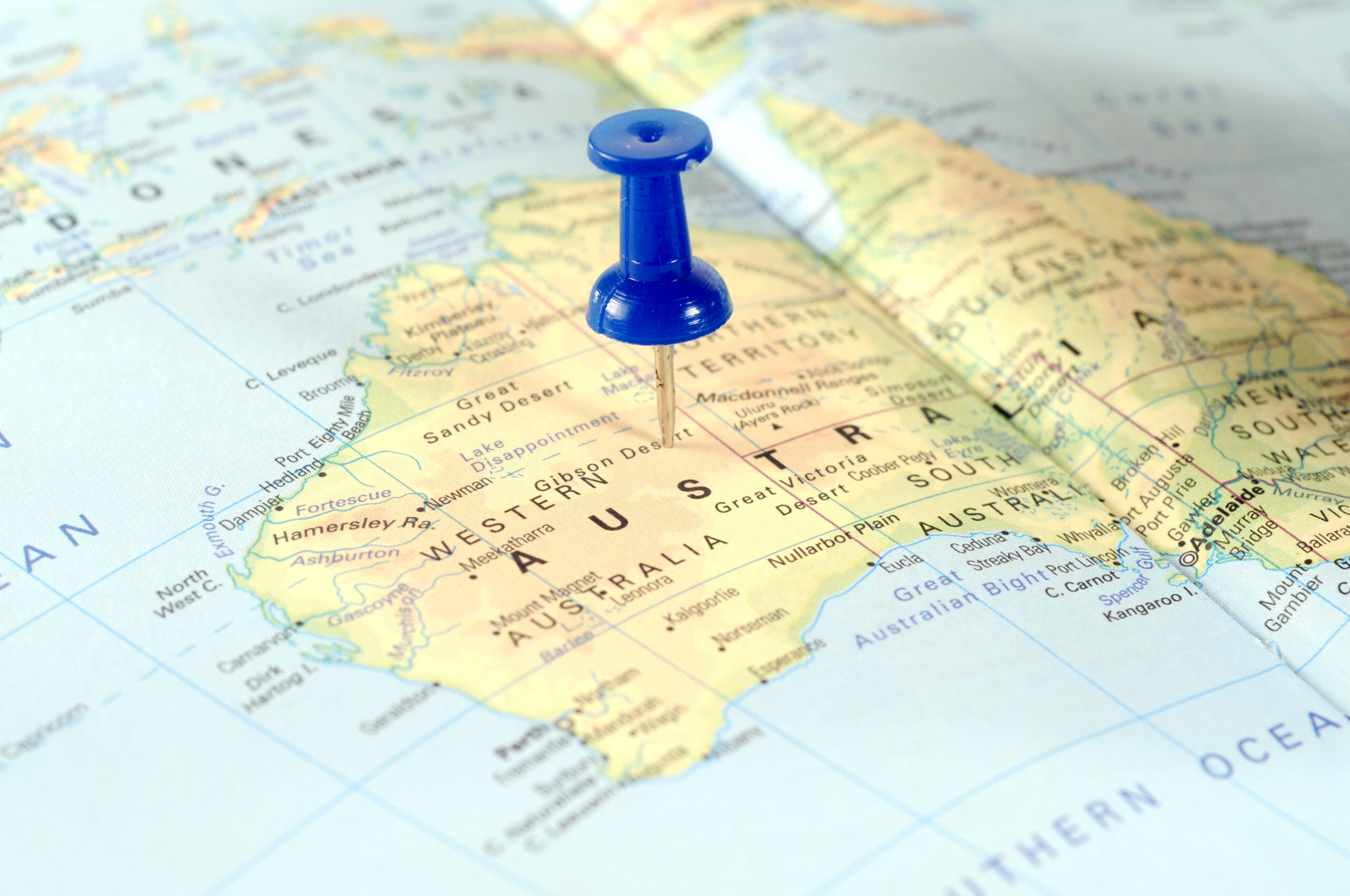The Australian Energy Regulator (AER) has released its annual report on the ‘State of the Energy Market’ for 2023. The report highlights the changing dynamics in Australia’s electricity and gas markets.
The energy system has shown remarkable resilience and adaptability in 2023, facing fewer challenges than the previous year. The report notes a significant drop in wholesale electricity market prices from their 2022 peak. This decline is due to proactive government interventions in the coal and gas sectors. However, prices are still relatively high compared to historical data.
The fluctuations in wholesale prices have had a ripple effect on the retail sector. Electricity bills have increased between 9% and 20% across all NEM jurisdictions in the 2022-23 period. This surge has added to the financial burden on households already facing broader economic challenges.
Renewable energy is a key focus of the report. With the global emphasis on sustainable energy sources, investments in renewables are crucial for phasing out coal generation. This transition is further exemplified by the smooth retirement of Liddell in April 2023, made possible by the upswing in renewable generation and positive market circumstances.
However, transitioning to a new energy infrastructure is not without challenges. The report highlights significant obstacles, including the magnitude of required investments, rising costs, and the importance of community participation in planning and execution.
The Australian Government is not addressing these challenges alone. Collaborative initiatives between the federal government and state and territory counterparts have emerged, highlighting unified efforts to steer the energy market in a sustainable direction.
The report also underscores the interconnectedness of the electricity and gas markets. As regions shift from gas to electricity, such as replacing gas heating with electric solutions, the gas market is expected to experience less pressure. However, this shift also signals an increase in electricity demand, driven by trends such as the adoption of electric vehicles.
The framework for energy planning is also undergoing a transformation, with emissions reduction now a priority alongside price, reliability, and supply security.
Finally, the report raises concerns about market competition. Issues such as the declining liquidity of certain hedging products and potential monopolistic tendencies in flexible generation capacity, particularly in regions like NSW and Victoria, require monitoring. The AER’s expected new monitoring powers will strengthen its capacity to ensure a competitive and transparent market landscape.
In summary, 2023 portrays an energy market in a state of flux: adapting, growing, but also facing its share of challenges. Through collaborative efforts, strategic investments, and vigilant regulation, the aim remains clear: a sustainable and stable energy future for Australia.
This is a summary article from Edge2020 – read the original article.
Save Big on Energy with Edge Utilities! We’re your experts in tapping into the strength of bulk purchasing, aiming to significantly cut down your energy costs without any added expense to your business. Committed to assisting SMEs, we’re here to source the best rates for you. Reach out to us at save@edgeutilities.com.au or give us a ring at 1800 334 336. Let’s start your journey to effortless savings!


